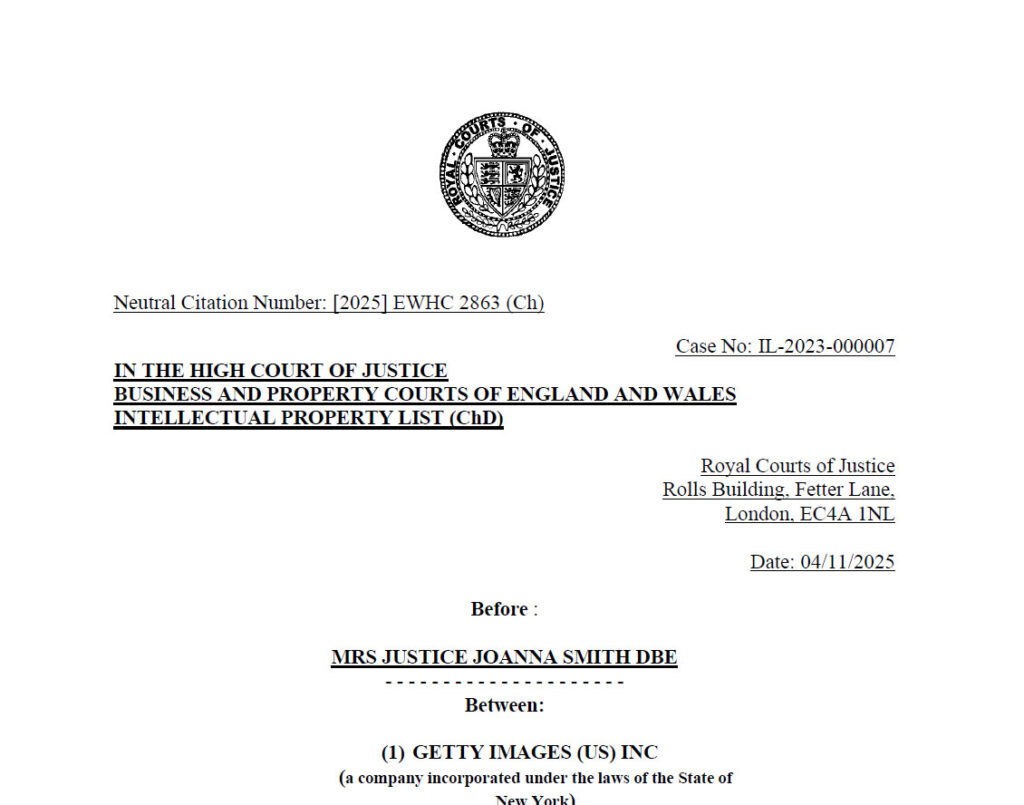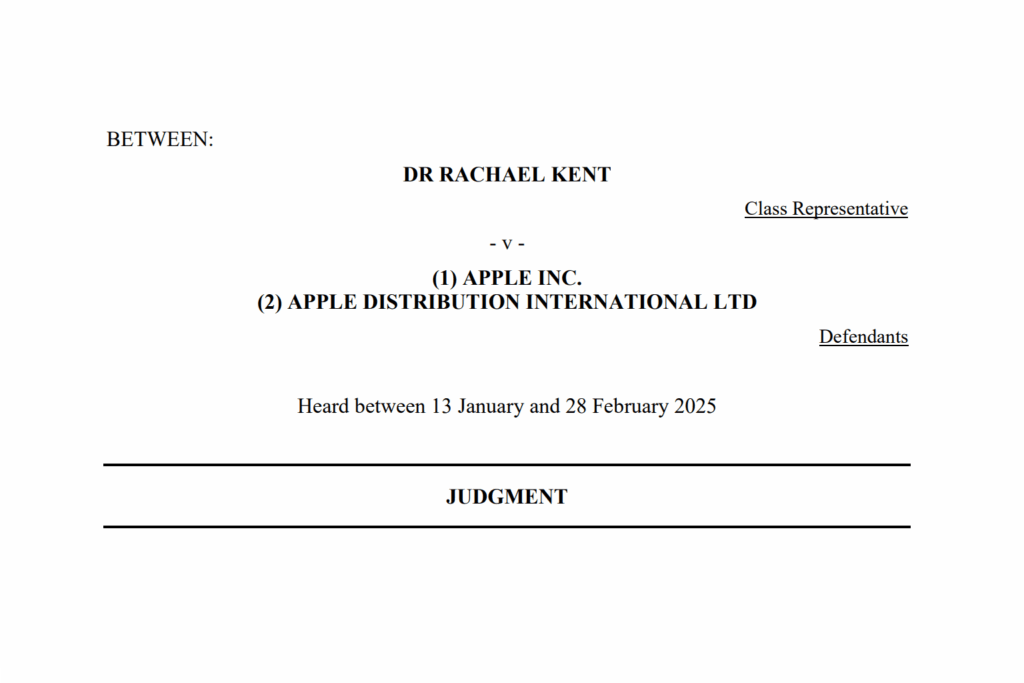Legal compliance is hardly ever the favourite headline in the startup world, but for both Venture Capital Investors (VCs) and high-growth founders, it can be the difference between hypergrowth and costly setbacks.
For overseas venture capital firms, particularly those based in the US, UK, or Asia, understanding and prioritizing EU legal compliance is essential when investing in European startups or supporting portfolio companies expanding into the EU market. With the extraterritorial scope of laws like the GDPR, DSA, and AI Act, non-EU firms can be directly impacted by compliance failures of European subsidiaries or partners. Aligning with EU standards early not only protects cross-border investments from regulatory risk but also positions portfolio companies for smoother scaling, strategic partnerships, and higher-value exits within the world’s second-largest digital economy.
The penalties for regulatory lapses can unfortunately be severe. Meta’s “unprecedented” €1.2 billion GDPR fine in 2023 underscores the stakes. However, even smaller firms are not spared. A French startup, Kaspr, was fined €200,000 by CNIL for illegally harvesting LinkedIn contacts. Ignoring EU law thus invites fines, injunctions, and reputational harm, all of which hurt growth and valuations.
By contrast, a proactive compliance strategy builds customer trust, smooths cross-border expansion, and can even attract investors who view legal robustness as a sign of maturity.
A few items to watch out for:
1. Avoiding GDPR Fines
The EU’s General Data Protection Regulation (GDPR) applies to all companies handling personal data of EU individuals, regardless of size. Non‑compliance can trigger massive fines (up to 4 % of global turnover) and lawsuits by affected individuals.
High‑profile cases highlight the risks: in 2024 the Dutch DPA hit Uber with a €290 million fine for unlawfully transferring EU drivers’ data to the US.
Startups and scale‑ups, especially those in tech, adtech, fintech or health, must embed GDPR “privacy by design” into products and operations from day one. Key compliance steps include obtaining clear user consent, appointing a Data Protection Officer (if needed), documenting data flows, and enabling user rights (access, deletion, portability). Failure to do so can result in data breaches and fines, jeopardizing user trust and VC backing.
For example:
- Missing privacy notices: Transparency is a core principle. Many regulators fine companies for not informing users in clear language how their data is used (as happened in the Kaspr case).
- No lawful basis for data: A common mistake is failing to specify a valid purpose for processing (e.g. improper marketing emails).
- Inadequate security or retention: Not deleting personal data when purpose is over can trigger penalties. GDPR requires firms to keep data “accurate and up to date” and delete it when no longer needed.
Consequence for VCs and Startups: Investors should routinely scrutinize data practices. A GDPR breach not only attracts fines (as Uber and Meta show) but also damages reputation. Non-compliance can reduce valuations or derail deals.
Conversely, GDPR-ready startups can market themselves as trustworthy and avoid the legal hangover that could scare away investment partners and customers.
2. Competition Law – Playing Fair to Win
EU competition rules ban price fixing, market‑sharing, bid‑rigging and other collusion between companies as well as abuses of a dominant market position. They also regulate mergers and acquisitions that could stifle competition. The new focus on “no‑poach” and information‑sharing cartels shows that investor and startup agreements can trigger antitrust scrutiny. In June 2025, the European Commission imposed a €329 million fine on food-delivery firms Delivery Hero and Glovo for a labor‑market cartel. The firms had agreed not to poach each other’s employees as Delivery Hero increased its stake in Glovo, which the Commission ruled illegal. This was the EU’s first fine for a “labor cartel,” but it signals broadening enforcement.
Key competition pitfalls for startups and VC deals include:
- No‑poach clauses: Venture investors sometimes include non‑poaching provisions in shareholder or employee agreements. The Delivery Hero/Glovo case shows the danger: even limited no‑hire agreements during an investment round can be deemed collusive.
- Market allocation: Any investment that comes with geofencing or exclusive territories between companies risks antitrust action.
- Information sharing: Startups backed by the same VC should avoid exchanging competitively sensitive data (e.g. pricing, product plans). Even informal info‑sharing can be challenged.
- Merger control: Though EU merger thresholds are high, some acquisitions of scale‑ups (especially cross-border) still need regulator approval. Undisclosed deals can be unwound or fined by the Commission.
Consequence for VCs and Startups: Antitrust fines (as with Delivery Hero/Glovo) can be crippling. Beyond penalties, an antitrust investigation can delay funding rounds or exit events (IPO/M&A) by years.
VCs should conduct antitrust due diligence and avoid agreements that restrain competition. Framing compliance as a strategic asset, firms can advertise fair practices to customers and regulators alike.
3. AML – Building Trust in Finance
Anti‑money laundering (AML) laws require businesses (especially fintech, crypto, banking, real estate) to verify customer identities (KYC), monitor transactions, and report suspicious activity. The EU’s latest AML framework (with a new regulator, AMLA) aims for cross‑border harmonization.
Enforcement is stiff: in April 2025, Revolut, the UK fintech with EU operations, was fined €3.5 million by Lithuania’s central bank for AML compliance failures. Authorities apparently found Revolut’s systems had “violations and shortcomings” in monitoring customer transactions
AML missteps for startups often arise in payments, crypto, or any platform handling money flows. Common issues include:
- Weak KYC/identity checks: Allowing new customers onboard without proper identity verification invites fines.
- Inadequate transaction monitoring: Failure to flag or report suspicious transfers can lead to steep penalties (as Revolut’s case confirms).
- Politically exposed persons (PEPs): Not applying extra scrutiny to PEPs or sanctioned individuals is a compliance gap.
- Sanctions breaches: Transacting with sanctioned entities inadvertently risks severe fines under EU/UN sanctions laws.
Consequence for VCs and Startups: AML fines can be substantial and can even threaten a firm’s license to operate. For investors, a portfolio company’s AML breach means regulatory risk and possible reputational damage. Building AML compliance early is a competitive advantage: it signals to banks and partners that the startup is a low-risk collaborator. When seeking funding, a startup with solid AML procedures avoids the worst red flags in an investor’s due diligence.
4. Digital Services Act (DSA) – The Rules for Online Platforms
The EU’s Digital Services Act imposes sweeping obligations on large online platforms (e.g. social media, marketplaces) and search engines. Very Large Online Platforms (VLOPs, 45 million+ EU users) must combat illegal content, provide transparency reports, offer user complaint mechanisms, and conduct systemic risk assessments.
Enforcement is ramping up: the Commission sent requests for information to platforms like X (Twitter) for alleged alleged spreading of illegal content and disinformation.
Crucially, fines for DSA breaches can reach 6% of global turnover rivaling the GDPR ceiling.
Even early-stage tech firms should watch the DSA. Any startup building a social app, marketplace, or ad service could become subject to the law as it grows. Key DSA provisions include:
- Illegal content removal: Platforms must act quickly on user notices about hate speech, fraud, or terrorism content.
- Transparency reporting: Regular publication of content moderation stats and advertisement data.
- Risk management: VLOPs must identify systemic risks (e.g. disinformation, algorithmic bias) and mitigate them.
- Vigilance on targeted ads: Special rules on ads based on sensitive data or targeting minors.
Consequence for VCs and Startups: Noncompliance could mean massive fines or forced operational changes.
For example, in early 2024 the EU demanded X provide internal records of its recommender algorithms as part of a DSA probe. While the heaviest DSA sanctions target tech giants, emerging platforms should “design for compliance” and implement content moderation policies and data transparency from the outset. This not only preempts regulator scrutiny but also reassures users (and potential investors) that the platform is responsible.
5. AI Act – Future-Proofing Innovation
The EU Artificial Intelligence Act entered into force in 2024 and is subject to a phased enforcement schedule. While the Act is now live, most obligations for high‑risk AI systems (including registration requirements) will only become enforceable on 2 August 2026.
What Applies Today?
- From 2 February 2025, prohibitions on unacceptable-risk AI systems (such as social scoring, manipulative behavioural AI, real‑time biometric surveillance) became enforceable, alongside AI literacy obligations for personnel involved with AI systems.
- From 2 August 2025, rules concerning general-purpose AI models (GPAI) become binding, including transparency, copyright, and documentation obligations; enforcement structures like national authorities and penalties are also activated.
Coming Soon: High‑Risk AI Obligations
- The vast majority of high‑risk AI obligations, including registration requirements, risk management systems, quality controls, technical documentation, human oversight, and post‑market monitoring, will only apply from 2 August 2026.
Compliance as Opportunity: Building Trust & Value
EU regulations may feel burdensome, but for startups and VCs they also present an opportunity. A strong compliance record:
- Builds trust: Customers and partners value data privacy and secure practices. Being GDPR‑compliant or pro‑competition can be a selling point.
- Enables market access: Meeting EU standards (e.g. DSA, AI Act) means smoother entry into the vast single market, avoiding costly retrofits.
- Attracts investment: Many investors perform legal due diligence on portfolio companies. Demonstrating a compliance roadmap can speed fundraising and improve valuations.
- Reduces risk: Proactively addressing AML, data protection and competition law cuts the chance of business interruptions, fines or liability down the road.
In Europe’s highly regulated environment, legal compliance is not merely a cost, it is a strategic asset. For both VCs and startups/scale-ups, embedding EU legal standards fosters resilience, reputational strength, and long-term value. Those who master compliance will find it easier to innovate, scale across borders, and secure the support of customers, regulators and investors alike.




